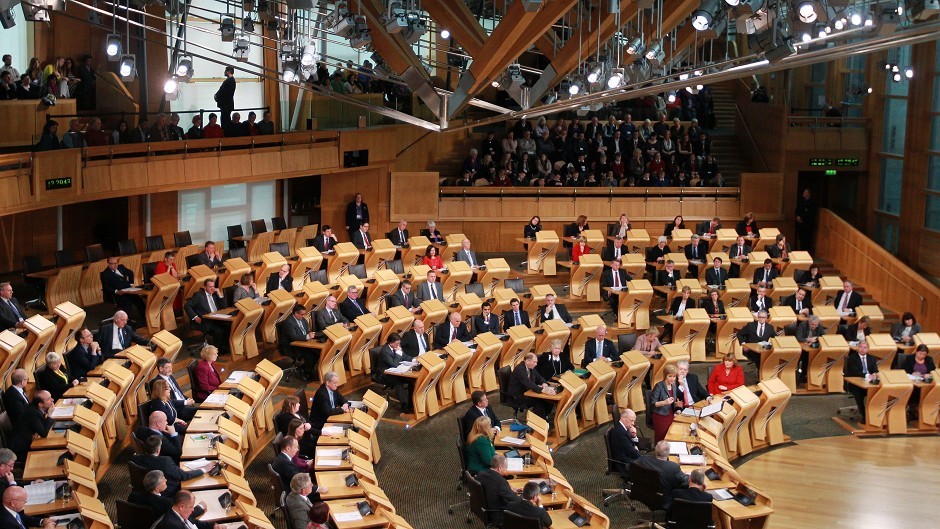It is a rare day indeed when First Minister’s Questions can be branded insane.
Perhaps it was because there is an election coming up, or parliament is being dissolved.
Perhaps, in fact, party leaders were more interested in impressing the visiting President of Ghana and his wife, who must surely have viewed the unravelling proceedings with some bemusement.
Either way, the result was insane. Not in a kind of gnarly, surfer manner. Nor, indeed, in the manner of a Manchester warehouse rave circa 1987.
No.
It was insane because it was full, almost entirely, with party leaders repeating the same questions in the hope of getting different answers.
Einstein, Twain, Ben Franklin and whoever else it is claimed defined insanity as doing something over and over again and expecting a different result, would have been proud.
Four times Kezia Dugdale asked Nicola Sturgeon about her tax plans. Four times Ms Sturgeon gave the same answer.
The First Minister even, at one point, suggested Ms Dugdale should rescript her questions. Even those in high-office, it seems, are not immune from tedium.
By the time Ruth Davidson joined in, the proceedings really had plummeted into a kind of bizarre political psychosis.
The result?
There were certainly no answers for the public, many of whom are right to wonder what the next government will do to their tax bills.
MSPs, perhaps looking to get fired-up for the election campaign with a rousing address, will instead by haunted by cries of “will you cut taxes? No I won’t”.
The President of Ghana probably left wishing he was subject to the same type of weekly interrogation – or lack thereof – at home.
He certainly – like the rest of the watching public – would not have left with a greater understanding of the contemporary issues in Scottish politics.
Apart from, of course, the recognition that to get different answers, you sometimes have to ask different questions.
